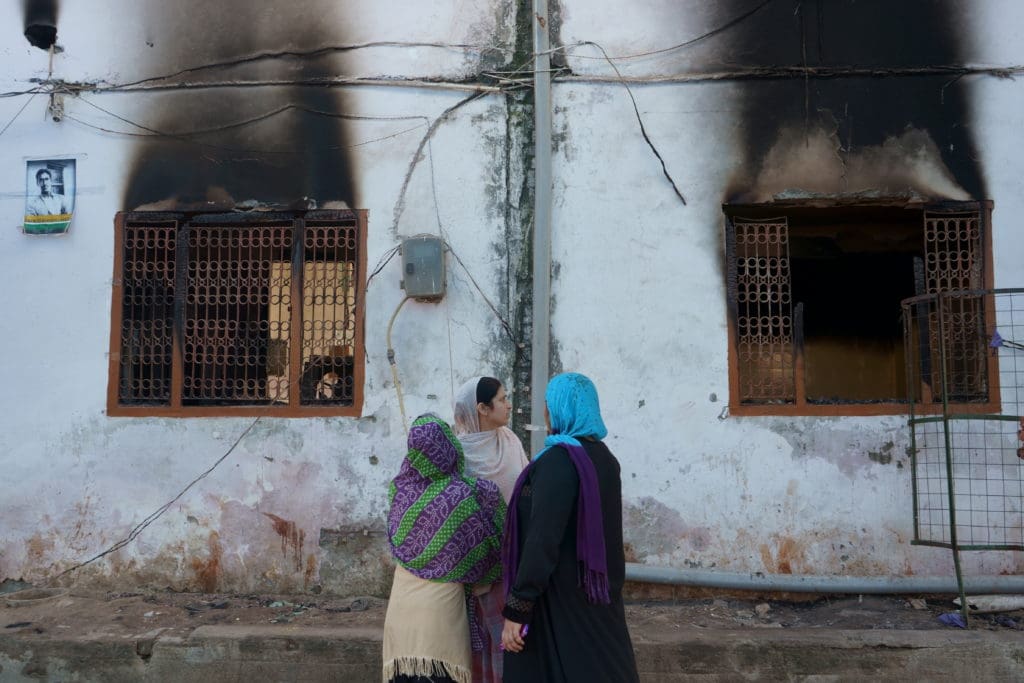
The Tripura police’s decision to charge lawyers, journalists and 100-odd social media users with the Unlawful Activities (Prevention) Act (UAPA) for posts on communal violence is one more example of the flagrantly excessive use of a draconian law. This comes a few days after the Jammu and Kashmir police registered a case under UAPA against unknown students in two Srinagar medical colleges after they “cheered for Pakistan” in an India-Pakistan T20 match.The Tripura police, too, has pushed the interpretation of the harsh anti-terror law across vital distinctions and boundaries by wielding it against the authors of a fact-finding report, among others. Four lawyers from Delhi had gone to Tripura on a fact-finding mission after violence reportedly erupted against Muslims in the state last month, in a disturbing echo of the anti-Hindu violence that broke out, across the border, in Bangladesh during Durga Puja celebrations. The lawyers’ report, released online, flagged targeted vandalism of mosques and shortcomings of the BJP government in dealing with anti-minority mobilisations and recommended a judicial probe. None of this falls outside the remit of actions that citizens and members of civil society can — and do — undertake in a democracy to pressure governments to act. It is hard to see how any of this constitutes an offence under Section 13 of UAPA, which applies to an act that “incites secession” or “disrupts the sovereignty of India” or “causes disaffection against India”. Subsequently, owners of 102 social media accounts, including journalists who posted about the violence in Tripura and amplified the report, also faced charges under provisions of IPC “of promoting enmity” between communities, besides UAPA. The police have drawn a “one-to-one” correlation between the lawyers’ visit and social media comments that “potentially” create communal hatred, but the law itself — and the Supreme Court — have set a higher bar. A citizen’s right to freedom of speech and expression cannot be curtailed unless they resort to violence or incite violence.
Indeed, this appears to be a part of the playbook of heavy-handedness that has been perfected by governments. This involves the twisting of stringent laws such as the UAPA or the sedition law to quell dissent or intimidate anyone who contests or might contest the state’s version. While harsh laws have existed and been misused even earlier, what stands out today is the apparent lack of qualms in the ruling establishment in wielding them as weapons against citizens. In UAPA cases, the legal process can itself become a prolonged punishment, given the lower judiciary’s reluctance, barring a few exceptions, to grant bail to the accused. The Delhi High Court, however, struck a welcome dissenting note earlier this year while granting bail to anti-CAA activists — it criticised the state’s tendency to confuse “protest” for “terrorist activity”. Last month’s Supreme Court judgment in the Thwaha Fasal case, too, clears the path for less oppressive interpretations of the UAPA.
In Tripura, and elsewhere, the onus is on the judiciary to step in to raise the questions and draw the red lines in order to uphold the fundamental freedoms of citizens against a transgressing executive power.
This story first appeared on indianexpress.com





